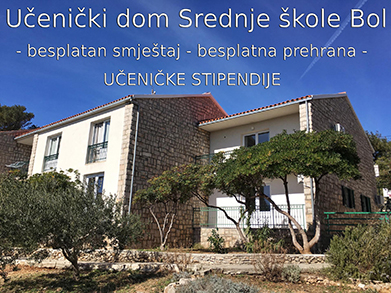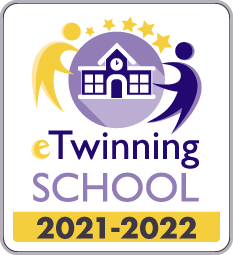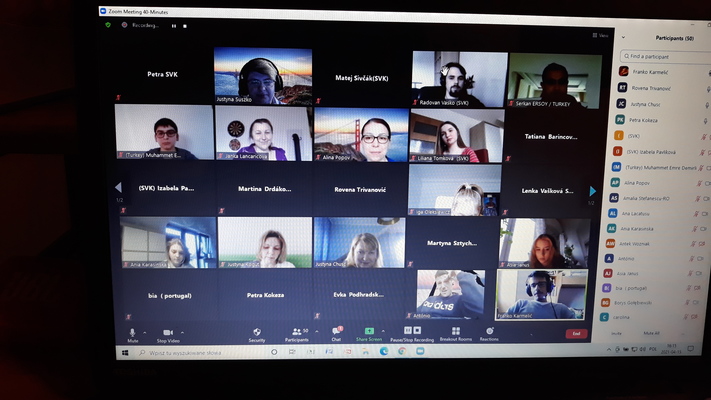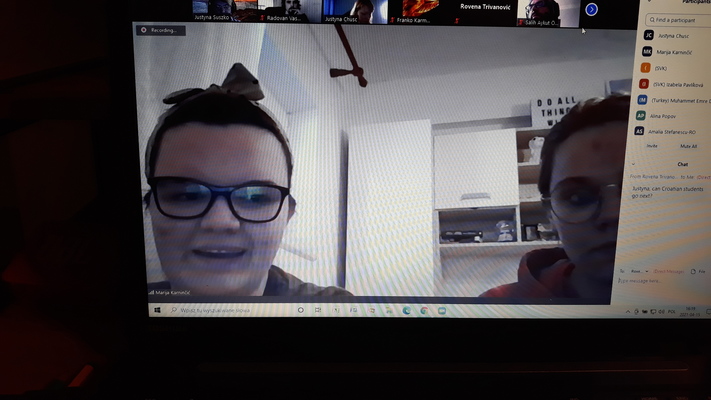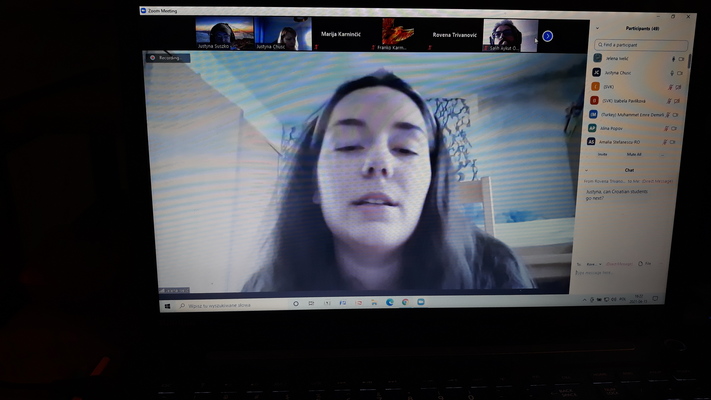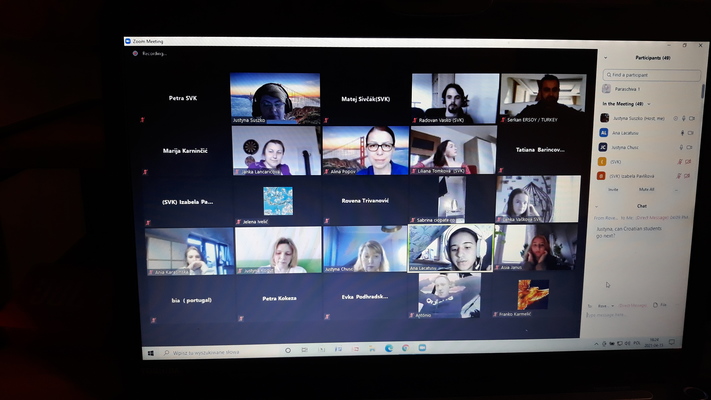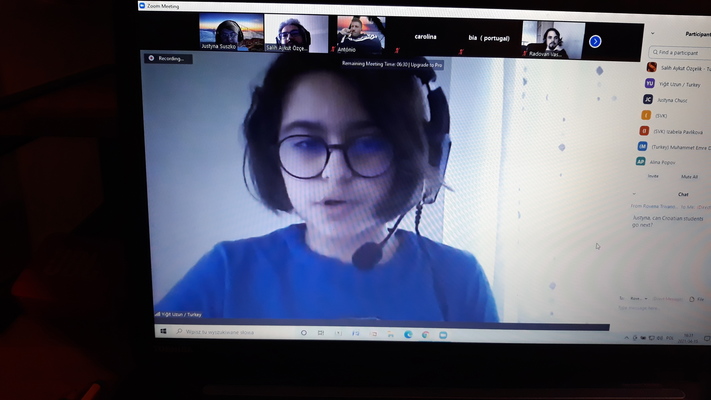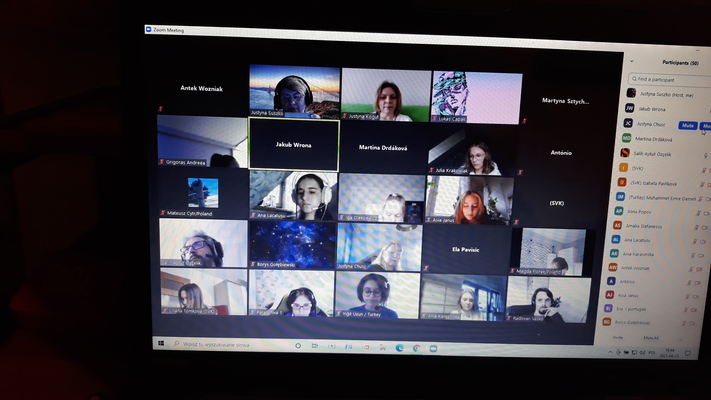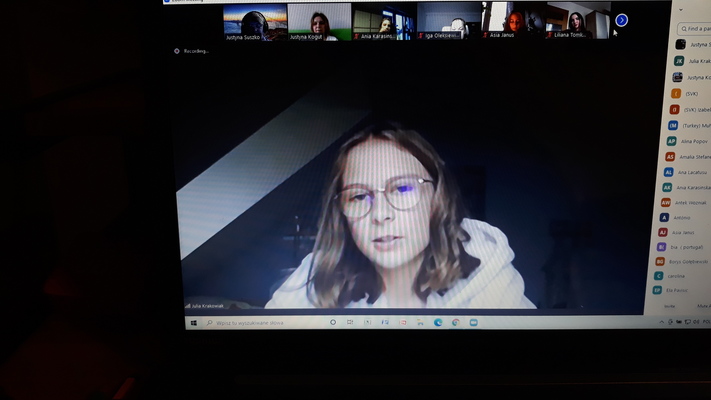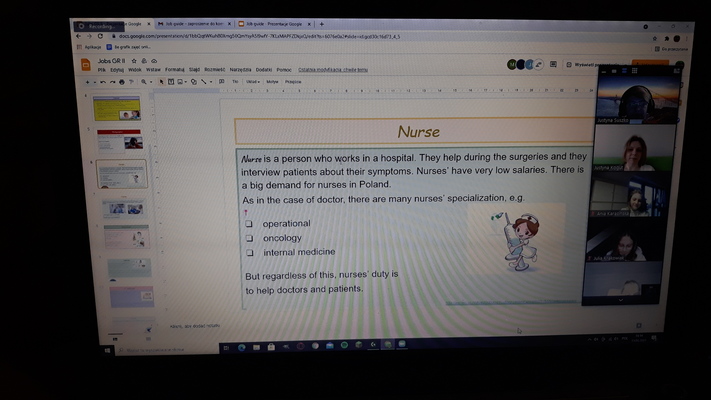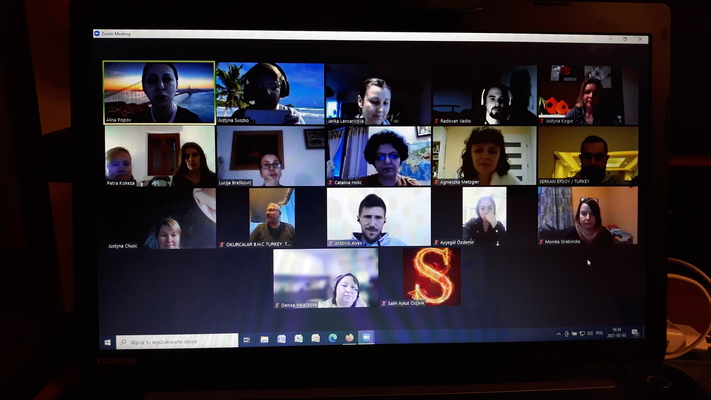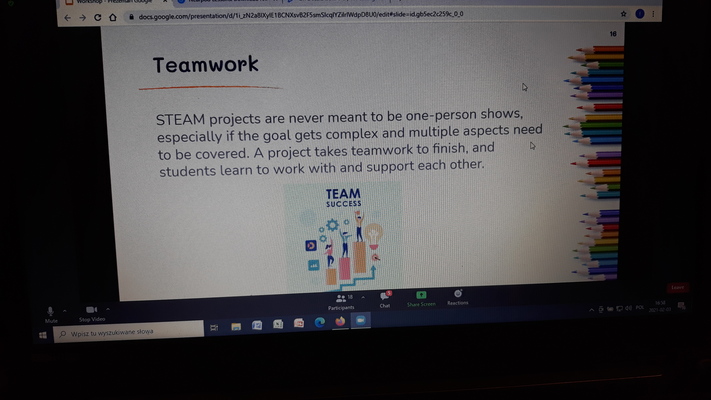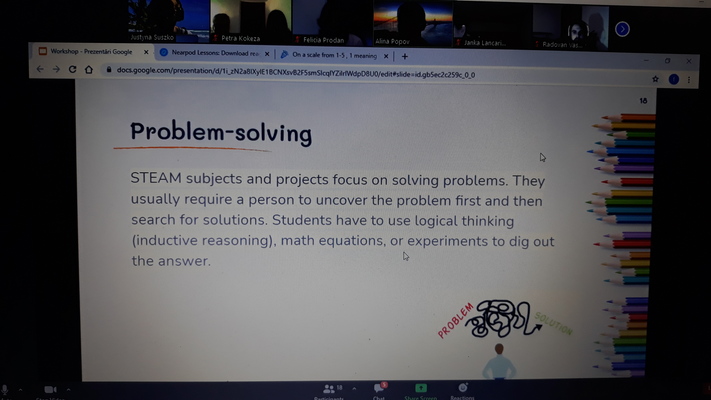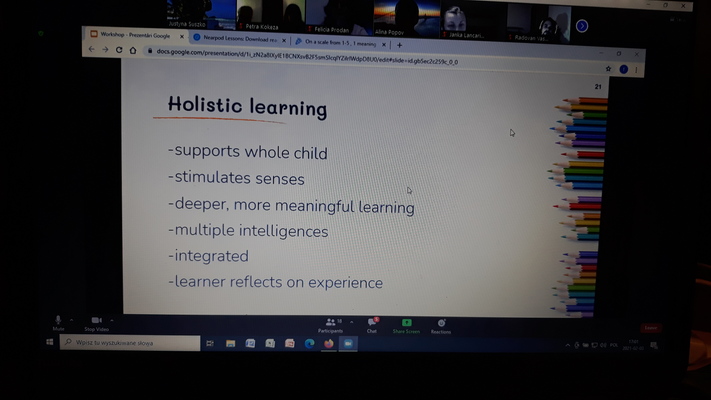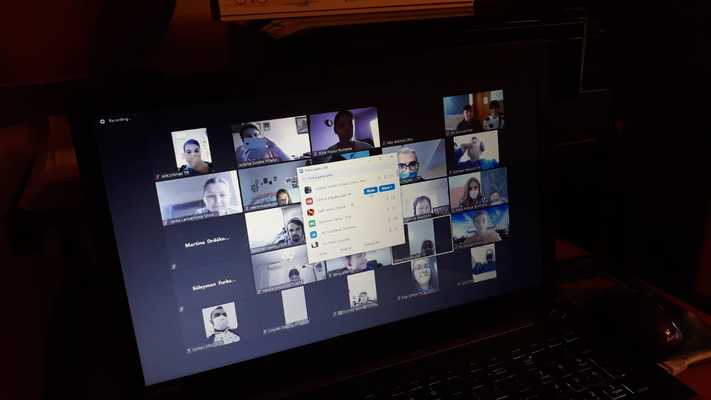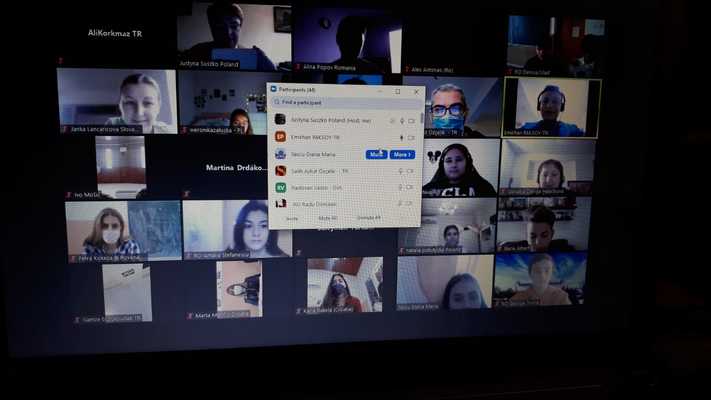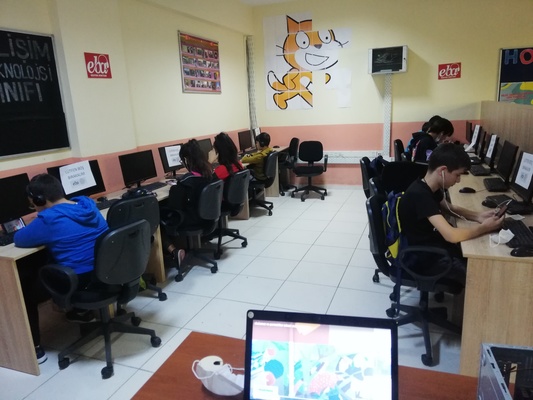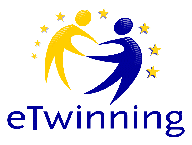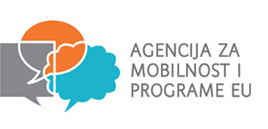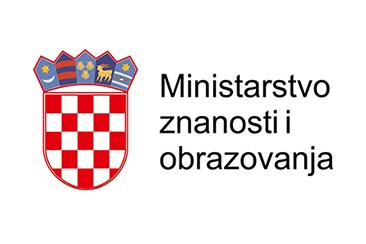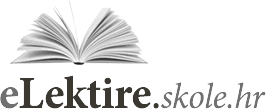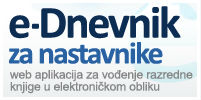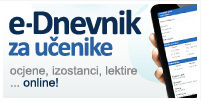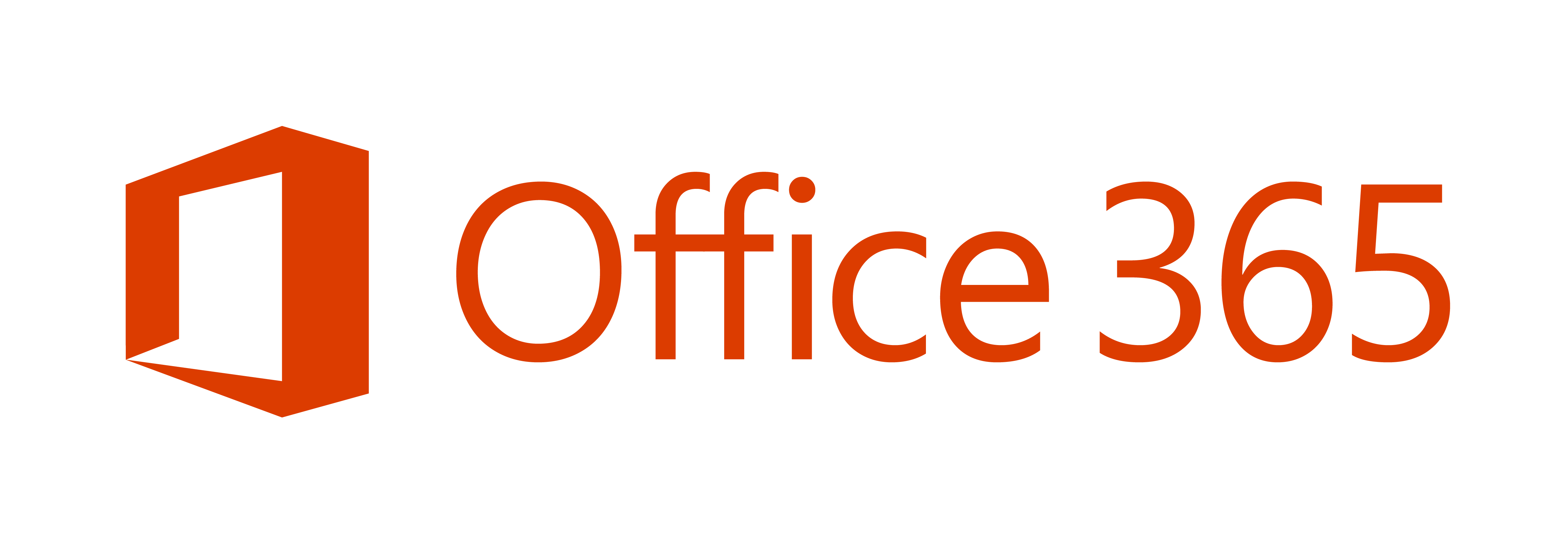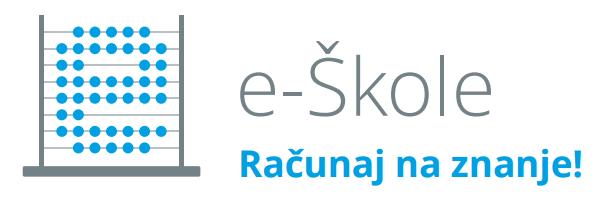![]()
b5afe1fb2.pptx
b799344a2.pptx
b39ccf0b2.pptx
bfbc4caa2.pptx
b88ab57a2.pptx
b5b79db8a.docx
b27c67562.pptx
a960cec1e.jpg
ab86e1066 opt.jpg
b9a695172.pptx
b47f7b5b2.docx
bea6dbafa.pptx
b174098b2.pptx
b38fb1b72.pptx
bca5cf39a.pptx
b890d411a.pdf
af698c172.pptx
b66786de2.pdf
bb982e992.pptx
bda79f1fa.pptx
bfaf59f7a.pdf
b98db0e52.pptx
b4b85fc7e.jpg
b99646212.docx
bdaa38d42.pdf
b7771b67a.pptx
bdb2ddc22.pdf
b6b54614a opt.jpg
bca9d444a.pdf
af6bb393a.pptx
bca9546a2.pdf
b5a4ebe3a.pptx
bfa10e8b2.pptx
b4b0d25fe.pdf
ba9641ba2.pdf
*Szkola Podstawowa im. Henryka Sienkiewicza------- Poland


*Okurcalar Berat Hayriye Comertoglu Ortaokulu----- Turkey


http://okurcalarbhcortaokulu.meb.k12.tr/
*Scoala Gimnaziala "Otilia Cazimir" Iasi----- Romania


*Escola Básica dos 2.º e 3.º Ciclos do Estreito de Câmara de Lobos------ Portugal


*ZS s MS Jana Smreka Melcice-Lieskove 377------Slovakia


https://scratch.mit.edu/projects/435115948/fullscreen/
![]()
"Bringing life skills into the classroom" is an Erasmus+ project dedicated to students aged 12-15 and teachers from 6 countries of Croatia, Portugal, Poland, Romania, Slovakia and Turkey. Among the project partners, there are schools with some experience in implementing the Erasmus+ projects as well as a new one. All the countries represent primary nad secondary schools depending on the educational system of each partner, but the age range of participating kids is the same. The project activities and tasks are based on the article written by a Polish psychologist, Michał Pasterski (https://michalpasterski.pl) who selected a number of life skills missing at schools. Our main objectives include promoting innovation, enterpreneurship, creativity, employability, exchanges of experience and know-how, mobilities in the form of short exchanges of students, inclusion of disadvantaged children into the project and developing key skills. Within the project, the school children design a project logo and prepare digital self-presentations. They learn how to write CVS and letters of application in English, and find an occupation for themselves.The participants practise keeping a household budget and make national cfafts. They also study stress management techniques, effective learning methods and good manners. One of the activities consist of promoting physical activity among children. The students create virtual business start-ups and negociate. Finally, they study body language in each partner country and prepare a trip around their region. Our project is based on the STEAM methology, which we learn more during the first virtual project meeting. STEAM stands for science, technology, engineering, arts and maths. This educational approach equips the students with the skills and knowledge needed to succeed in the 21st century, in order to become creators, not just passive consumers. Our students work in groups and especially at the project meetings they complete activities in mixed groups (the one or two students from each country). Our main results include a digital document with the comparison of food prices in partner countries in euros and other partner currency; a digital handbook with methods of dealing with stressful situations; a digital handbook of effective methods of learning, and a digital must-go guidebook for travellers to our regions. Other results constitude learning life skills, improving English and ICT skills and key competences. Our students become innovative, enterpreneurial, active and create people. Both teachers and children gain unforgettable experience of various educational systems, different languages and foreign countries.The project impacts the schools (children, teachers, staff and headteachers), the community of parents and local citizens. They learn more about the Erasmus+ project, our project and their children boarden their horizons.The towns in which the schools are situated become popular in the regions and thanks to the internet around the world. What's more, each country gets to know new schools in Europe and continue cooperation with them. It may include creating the second Erasmus+ project on life skills, an e-twinning project and other ways of working together. Thanks to the Erasmus+ project, every partner develops a net of schools- partners to exchange experience and new ideas for the next years.
![]()
| « Ožujak 2023 » | ||||||
| Po | Ut | Sr | Če | Pe | Su | Ne |
| 27 | 28 | 1 | 2 | 3 | 4 | 5 |
| 6 | 7 | 8 | 9 | 10 | 11 | 12 |
| 13 | 14 | 15 | 16 | 17 | 18 | 19 |
| 20 | 21 | 22 | 23 | 24 | 25 | 26 |
| 27 | 28 | 29 | 30 | 31 | 1 | 2 |
| 3 | 4 | 5 | 6 | 7 | 8 | 9 |
